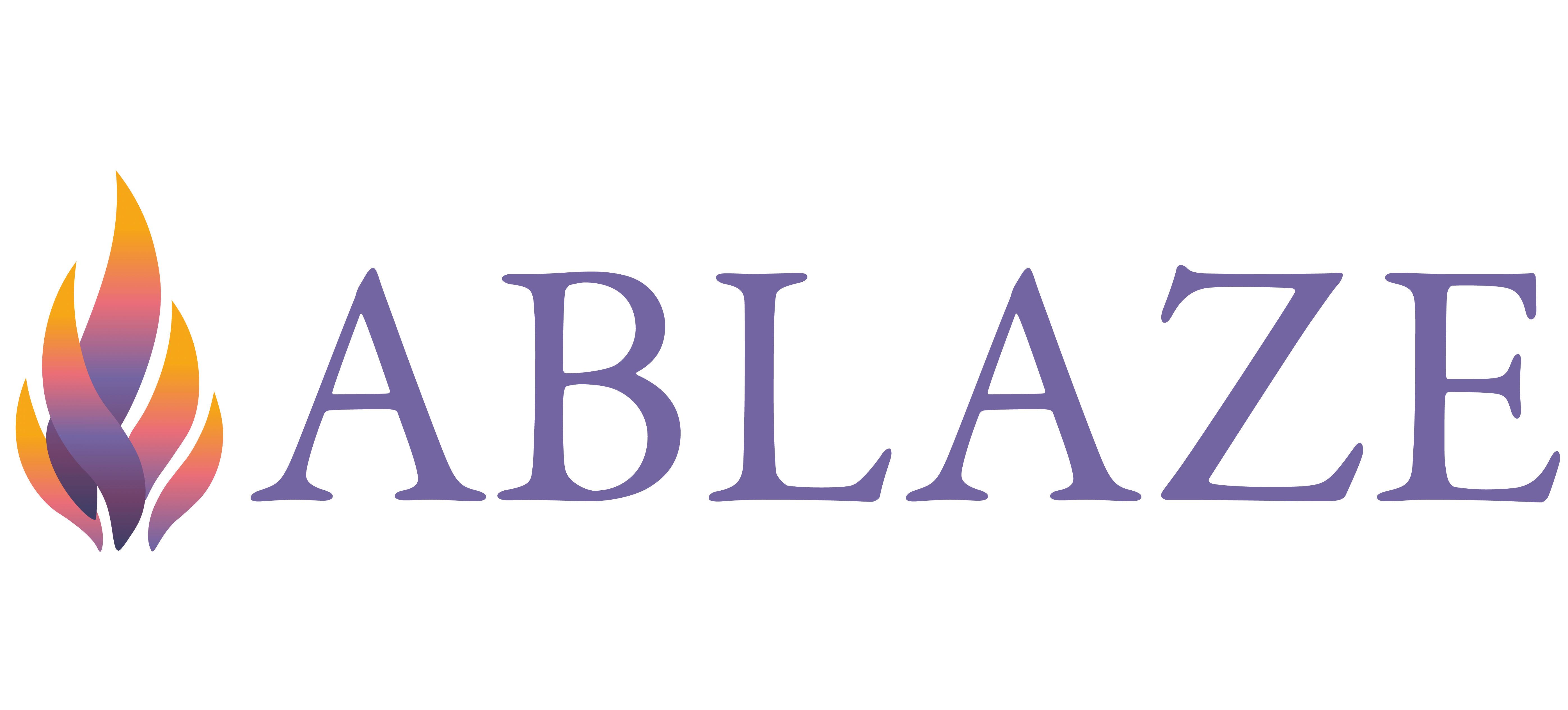Photos taken from Pexels
For a few years now, government officials have been attempting to ban the popular social media platform TikTok. In 2020, Donald Trump passed an executive order to ban the app, but his attempt ultimately failed. In 2023, President Biden began a more calculated approach to accomplishing the same goal. Legislators in both the Republican and Democratic parties have agreed that the app might need to be banned.
Bipartisan support of an issue is rare in this day and age, so this raises the question: Why are so many government officials opposed to a seemingly innocent social media app?
The answer to this question can be found amidst the complicated relationship between the United States and China. TikTok is owned by the Chinese internet technology company ByteDance, which has its headquarters in Beijing. ByteDance owns multiple different social media apps, and had around 1.9 billion monthly active users as of 2020. TikTok specifically had 1 billion global monthly active users as of 2021.
ByteDance released Tiktok in 2017, merged the app with musical.ly in 2018 and modeled it after the popular Chinese app Douyin. TikTok has become wildly popular, primarily among younger people who use the app to communicate, express themselves and spread information.
However, lawmakers in multiple countries have expressed concerns about the app in recent years. As of this year, the United States, the British Parliament, Canada, France and New Zealand’s Parliament have all banned TikTok on government devices.
Lawmakers are concerned that TikTok and ByteDance are allowing the Chinese government access to sensitive user data. This is due to multiple Chinese laws that compel Chinese citizens and businesses to share information and data with the government. One of these laws is the National Intelligence Law, which was passed in 2017 with the intention to create legal responsibilities for businesses operating in China and Chinese citizens to assist in the country’s data collection for security purposes.
This law requires that any person questioned by law enforcement respond truthfully and does not provide the right to silence. The law also does not define what qualifies as “intelligence” or “intelligence work,” which allows a broader interpretation of the law. In addition, the National Intelligence Law gives authorities the ability to criminally punish anyone who “obstructs” intelligence activities without defining what obstruction means in this context.
Laws like the National Intelligence Law are concerning to the U.S. government because they give the Chinese government the ability to access any information from companies operating in China that they deem necessary to national security. Because of the vague or simply non-existent definitions of intelligence and other terms in these laws, the Chinese government could seize essentially any data from companies and individuals in the name of promoting national security.
Because TikTok is owned by a company operating in China, U.S. government officials are worried about the Chinese government gaining access to American user data.
In an attempt to address these concerns, the CEO of TikTok, Shou Zi Chew, appeared in a hearing in front of the U.S. Congress. During this hearing, Chew claimed that TikTok has not given any data to the Chinese government.
“I have seen no evidence that the Chinese government has access to that data. They have never asked us; we have never provided it,” Chew said.
Despite this, U.S. lawmakers are not convinced that American user data is safe. When asked if ByteDance employees have access to American user data, Chew said that there is some data they still have access to. However, he explained that TikTok is in the process of deleting American data from Chinese servers in the wake of the new Project Texas.
Project Texas is an initiative put forth by TikTok with the goal of strengthening user data security and ensuring that all American data from TikTok is stored and secured in the U.S. According to a letter from Shou Chew to U.S. senators, TikTok intends to work with the U.S. government to “safeguard user data and U.S. national security interests.” In this letter, Chew shares that, currently, China-based employees of TikTok or ByteDance can have access to TikTok user data only after a “series of robust cybersecurity controls and authorization approval protocols overseen by our U.S.-based security team.”
“TikTok has long stored U.S. user data in data centers in the U.S. and Singapore, as well as in cloud-based services offered by AWS, the Google Cloud Platform, and Azure,” Chew further explains in the letter.
He added that it is important to have backup data storage locations to prevent user data from being lost. Through Project Texas, TikTok is sending 100% of U.S. user data to Oracle cloud servers located in the U.S. He shared that they plan to delete all U.S. user data from their own systems and fully transfer everything to Oracle cloud servers.
Chew explained that TikTok is working with the technology company Oracle on more advanced data security methods to protect U.S. user data. In a Harvard Business Review conference, Chew repeated the same sentiment.
“All U.S. user data is stored, by default, in the Oracle Cloud infrastructure,” Chew said. “Access to that data is completely controlled by U.S. personnel.”
Despite these assurances, many U.S. legislators are still concerned. In March, the Senate introduced the RESTRICT Act, which could allow the Biden administration to restrict or ban digital products from countries that are seen as foreign adversaries. Senator Mark Warner of Virginia further explained the goal of this bill.
“We need a comprehensive, risk-based approach that proactively tackles sources of potentially dangerous technology before they gain a foothold in America, so we aren’t playing Whac-A-Mole and scrambling to catch up once they’re already ubiquitous,” Warner said.
Many Americans believe that the RESTRICT Act will be used to ban TikTok nationwide, though the bill does not target the app specifically.
In addition, multiple states have taken action to ban or limit the use of TikTok, including Tennessee.
Governor Bill Lee signed a bill that prohibits “a public postsecondary institution that provides internet access, through a hard-wired or wireless network connection, to students, faculty, staff or the general public from allowing an individual to access a social media platform using the institution’s network if the platform is operated or hosted by a company based in the People’s Republic of China.”
This bill prevents public universities in Tennessee from allowing access to TikTok and any other app based in China while on the university Wi-Fi.
UT students have expressed a variety of opinions about this ban.
Michael Kyriakoudes, a sophomore studying Geology and Environmental Science, shared his thoughts.
“I don’t know much about the actual threat TikTok poses, but if it does pose a threat, I don’t really see any downsides to banning it,” Kyriakoudes said.
Melissa Willis, a sophomore studying Biomedical Engineering, disagreed.
“I don’t think that TikTok should be banned. I understand not wanting any social media on government devices for security reasons, but if having data collected through personal devices on the network is such a security concern, UT or the legislature should focus resources on strengthening overall network security instead of targeting specific apps, especially those like WeChat that may be the sole way Chinese students can communicate with their friends and families,” Willis said.
Currently, TikTok bans and restrictions are only being enacted in certain states, and it is unclear whether or not it will be taken to a national level.





